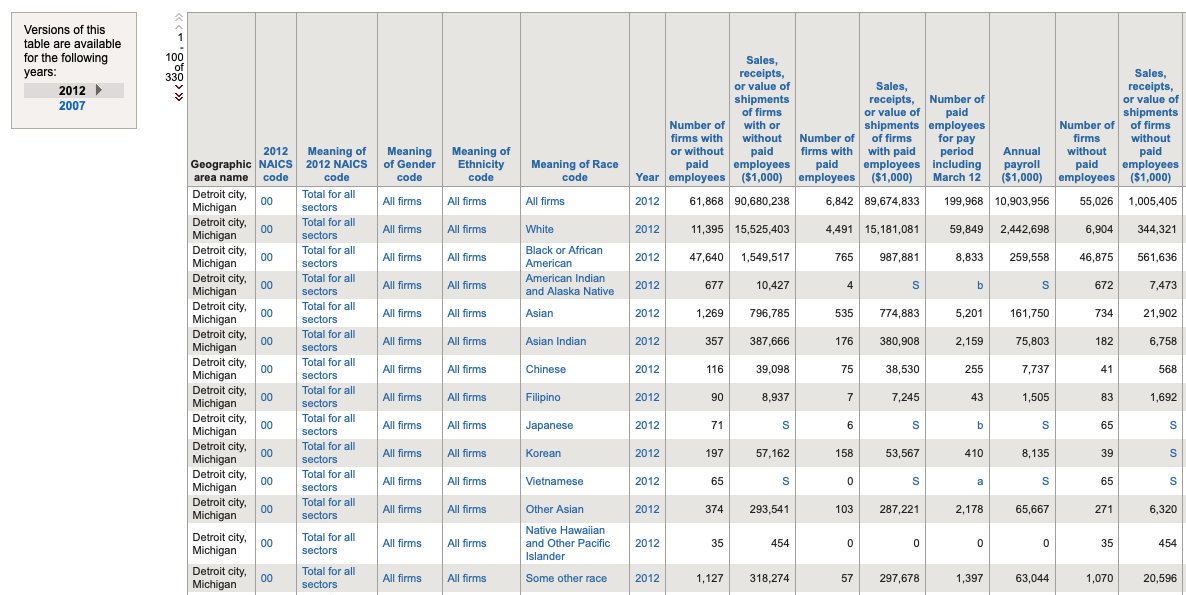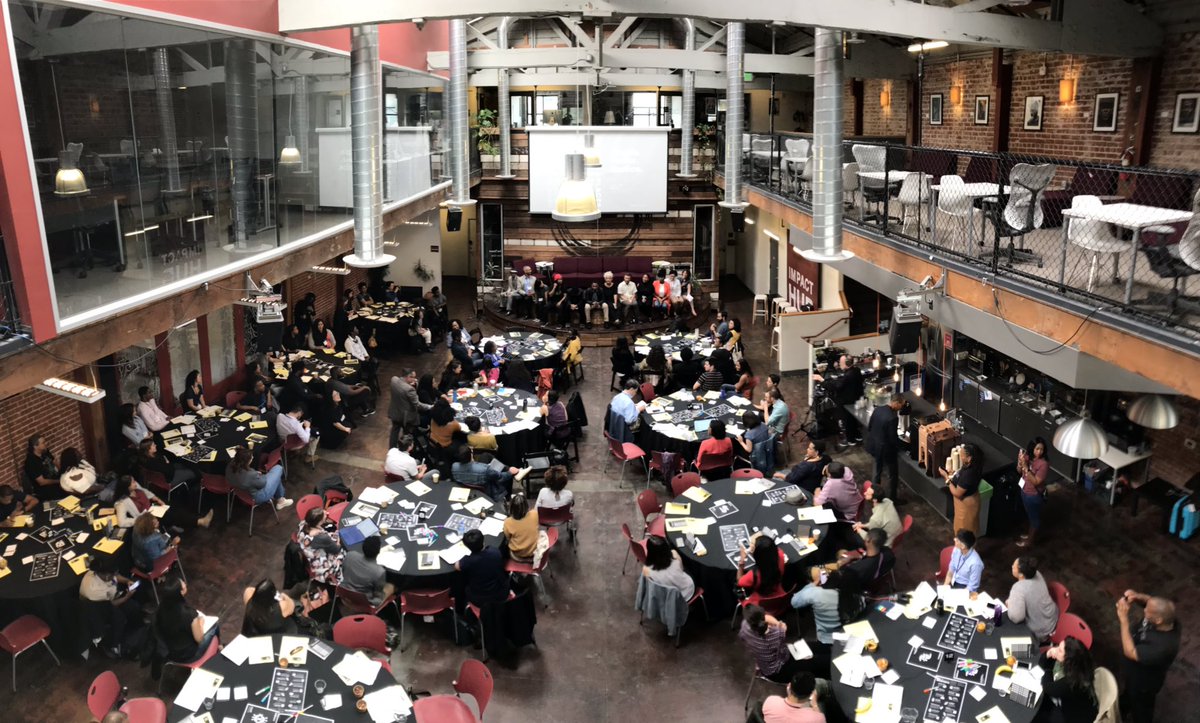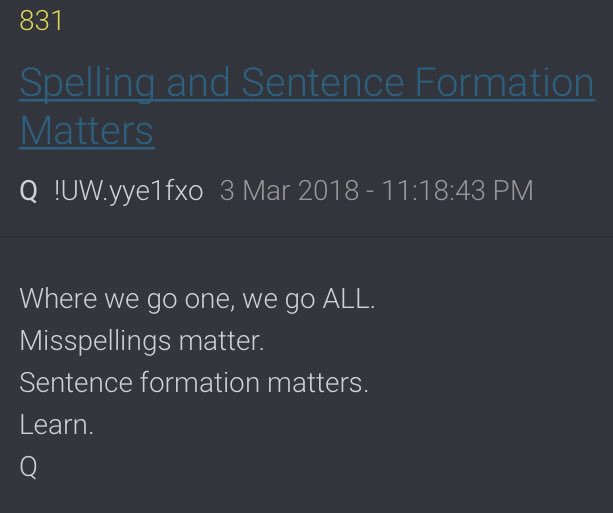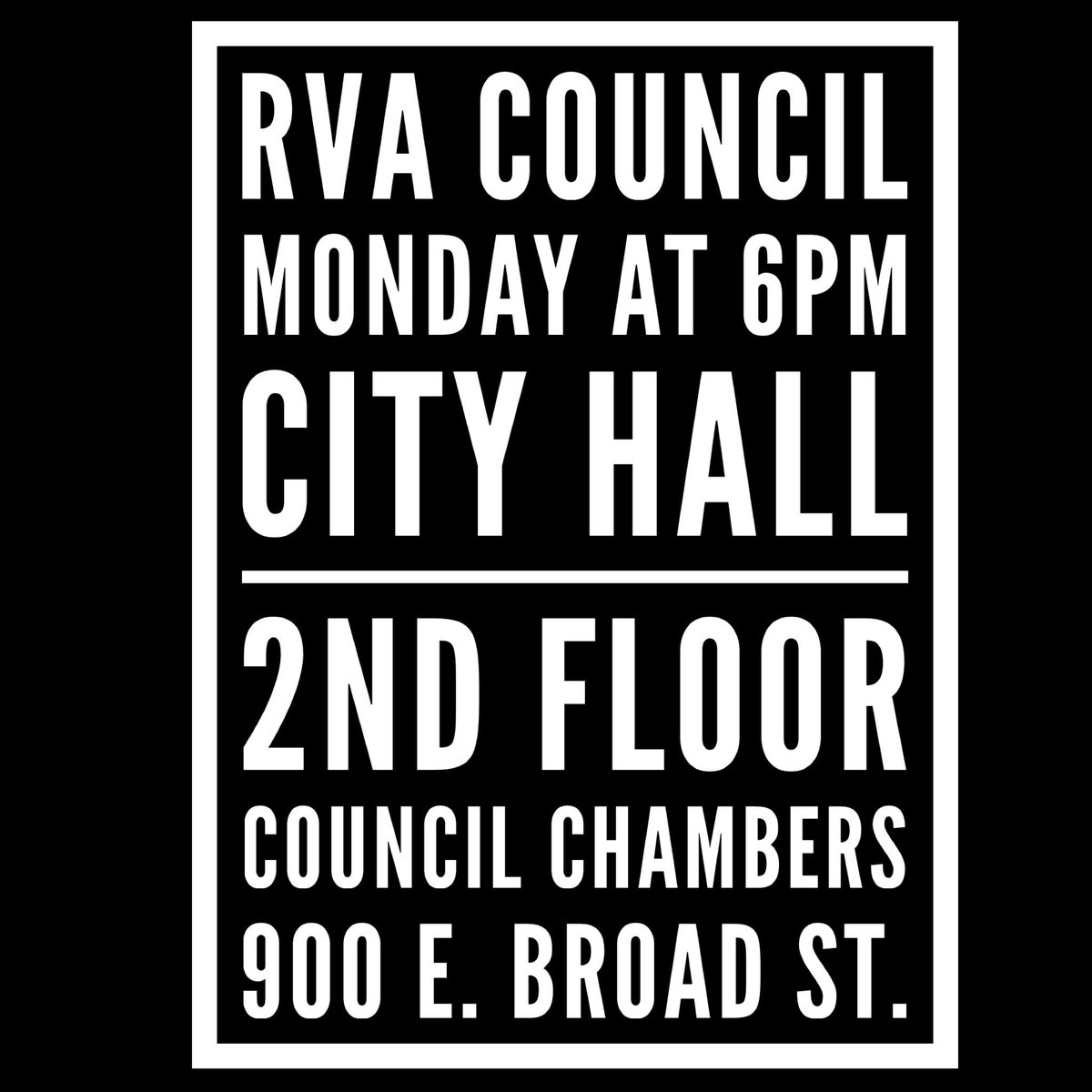But that of course still encompasses many things. Here is a thread of one of those things: shifting the flow of capital.
Today for @NextCityOrg, as SF moves forward a proposal for a municipal bank, I talked w/the organizers behind it: nextcity.org/daily/entry/th…




















